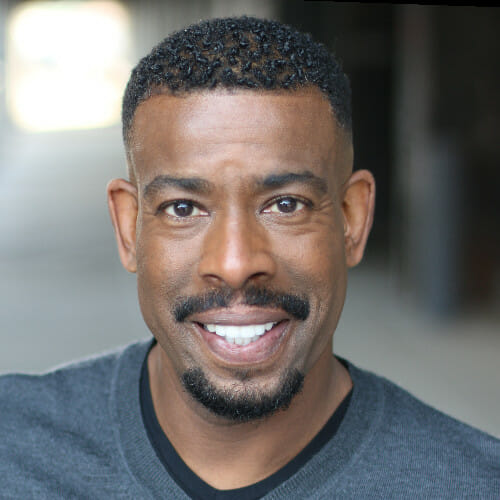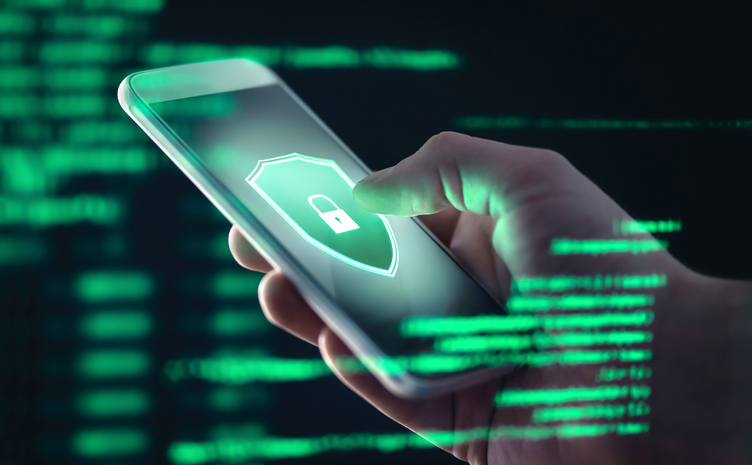Entertainer Chuck Nice will be participating in the upcoming second webinar for the Responsible Technology Series in partnership with Salesforce and NTT, The Future of Responsible on the 21st October at 10:00am BST, as part of a panel session entitled ‘Emerging from the Pandemic Responsibly’.
As a stand-up comedian, Chuck Nice has analysed and discussed the evolution of technology and its impact on society. In addition to being the president of Nicely Done Productions, Nice is the founder of Shh, It’s real, a climate campaign that uses entertainment to encourage young people to help battle climate change, and climate-focused teacher network 10,000 Teachers.
The virtual event will address the challenges that the tech sector faces, how it can emerge from the pandemic responsibly, and the responsible tech innovations that will take centre stage in the coming years. You can find more information and register for the event here. Registration is free of charge.
How have you raised awareness about the importance of responsible and ethical use of technology?
As an entertainer, the pandemic has made us completely reliant on tech to deliver our craft, and to connect with our public. Theatres and comedy clubs have shut down, so we have had to find creative means of connecting with audiences, and that has been the biggest takeaway for me as a comedian.
I have started a couple of movements for climate peer-to-peer education, through public channels, namely 10,000 Teachers. We’re recruiting teachers to become climate ambassadors, because they are already natural communicators in their everyday life. Here, we’re taking the issue of climate and designing ways to bring up the subject matter in everyday life.
How can directors be proactive over climate change?
Here in America especially, we do not talk about climate, and as a result it isn’t as much a pressing issue as it should be, because if something is really important, you talk about it! But with respect to technology and the pandemic, the pandemic has actually been a good thing, because it has caused people to hit the pause button, and I think we’re now a globally connected society without knowing it. This has provided an opportunity for messaging to penetrate a little bit more.
What else do you think should be done in order to ensure that technology is used responsibly and ethically?
I don’t think it’s about using technology responsibly, because that’s not going to happen. Technology is always going to be a magnification of who we are, and who the individual is.
If you lived in the 17th Century, and you wanted to grift people, to run a scam, you ran that scam via a letter-writing campaign. You would send letters from one continent to another and say “Hi, I’m the Duke of Such-and-Such, and I need you to send me this much money, and when I reclaim my fortune, I will give you this much money”, and people fell for it.
If that guy lived today, he would just be running spam scams. That’s the only thing that changes; the technology magnifies who we are, so while I think trying to figure out how to use tech responsibly is a good goal, it’s the wrong focus. The focus should be on how we educate people about the proper usages and abuses of technology, and how we increase critical thinking so we’re able to identify the irresponsible usages of tech.
If you’re a person who may not believe in conspiracy theories but is predisposed, technology can identify you and start to send you a bunch of conspiracy theories to pull you down a rabbit hole. But if tech companies are helping to educate and increase critical thinking in their users, you will be able to identify that for yourself. That’s where I would like to see the focus, because whenever you increase critical thinking, you lower the chances of abuse.
Why we need XAI, not just responsible AI
Could you please talk me through the panel session that you’ll be participating in during the upcoming Responsible Technology event?
The panel will feature some really dynamic, knowledgeable people who know all about tech, social responsibility, individual responsibility and corporate responsibility. And then, there’s me!
As a stand-up comedian, I happen to think deeply about issues, and I care very, very deeply about how we use it, and I’m a fan of tech, but I think what that has done is placed me in these positions where I honestly feel I shouldn’t be here! I just feel like a regular person.
The truth is we’re going to talk about the responsibilities that tech companies have towards those who are less fortunate, as well as those who might have language challenges and other obstacles. In addition to that, we’ll be talking about social responsibility, and the responsibility towards those who are disenfranchised.
Let’s face it: technology is no longer ‘technology’. When I was a kid, you called ‘technology’ the latest gadget, and we would say “Oh my God, look at that, look what it can do!”. We now have to change what we call ‘technology’. Technology is the way we live, it’s our lives as lived through devices and software, and the psychological connection and usage of these things that come together to enhance our lives, as well as sometimes detracting from our lives. That’s technology now.









